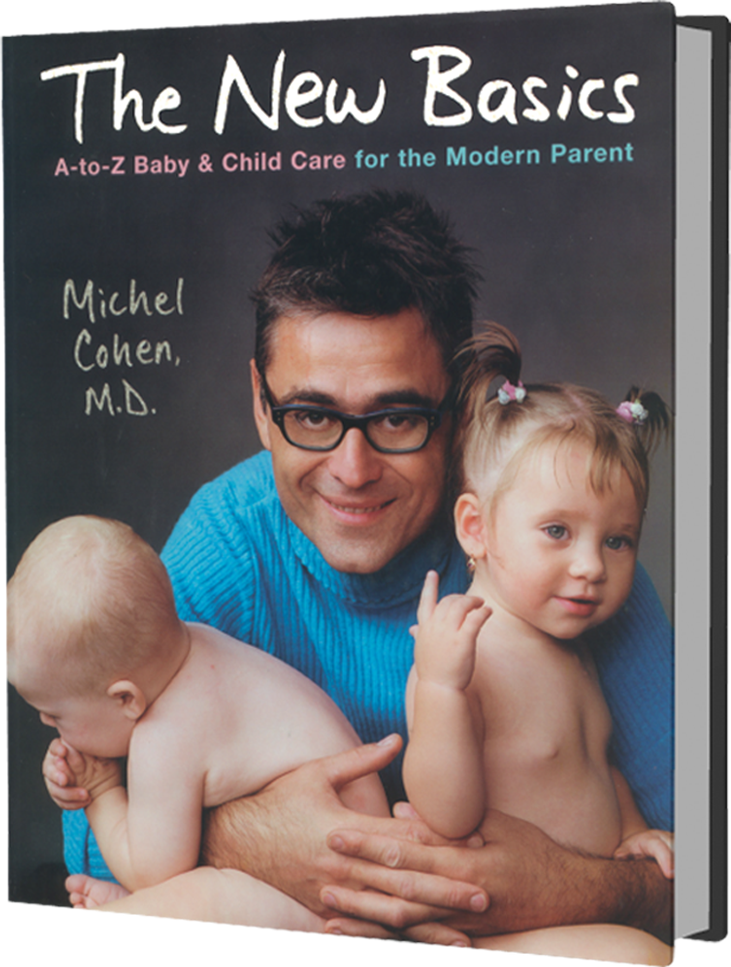
Cough, Persistent
Years ago, a “lasting cough” was indicative of tuberculosis until proven otherwise. TB has almost disappeared, but the fear of a lingering cough has not, and it motivates many unnecessary antibiotic prescriptions.
The mechanism of a persistent cough is twofold. Either Jimmy has a strain of a virus that induces a long-lasting cough (several weeks, in some cases), or he has suffered from a string of recurrent colds, each of them with a new onset. In either case, the cough, which becomes dry with time, gains momentum at night when the mucus drips down the airway. To make matters worse, the constant forceful expulsion of air (the cough) becomes an irritant itself, which triggers additional coughing. The cycle becomes self-perpetuating.
Three or four days into a viral illness, the cough is no longer contagious, but you may have a hard time convincing the parents of Jimmy’s classmates of this fact.
If Jimmy has a persistent fever
If he has lost weight
If he is significantly less active
If his breathing is labored
If Jimmy has any of these symptoms, a doctor should listen to his chest and decide whether a lung infection is at work.
If the cough persists for a long time without any other symptoms (duration is not indicative of severity)
If Jimmy maintains normal activity, even if he seems a little tired from his disturbed sleep
“Cough in the Head”
As with any symptom that produces parental attention and anxiety, coughs can become psychogenic. In other words, when Jimmy has been hacking away for a while, he notices that two heads turn in his direction every time he coughs. This attention can reinforce the cough and turn it into a tic. In order to prevent or break this cycle, try to avoid displaying too much concern for your child’s barking, even if it’s painful to ignore.
Treatment of a Lingering Cough
A persistent cough results from an irritation, not an infection; therefore antibiotics are not useful in such cases. If you insist strenuously enough, you’re likely to get one, but I guarantee it won’t make a difference, and it will expose Jimmy to possible side effects. Other medications prescribed needlessly in these cases include asthma medications (these coughs are rarely related to asthma) and steroids (which can weaken the immune system). Once you’ve established that the problem is simply a lingering cough with no underlying illness, administer cough suppressants only if the cough becomes unbearable to Jimmy, and wait patiently for the resolution.
A lingering cough without any other symptoms does not turn into something worse. It just lingers. The chief symptoms of pneumonia are not coughing but high fever and a very sickly, pale, weak child. In that case, the condition is worse to start with. As far as bronchitis, any time Jimmy coughs, he has bronchitis, which is a catchall term that simply describes an irritated airway [See: Bronchitis].
Why do I hear it in the chest?
The sound is amplified by the air in the lungs.
Could it be an allergy?
Lingering coughs are rarely allergies. Nasal allergies can produce persistent coughs, but they are also associated with sneezing, tearing eyes, and skin rashes. Also, most nasal allergies are usually pollen-related and occur in summer, while lingering coughs are most common in the winter.
When will it get better?
It could take a while. A winter cough could be caused by a succession of colds, and it could last all winter.
In summary, as frustrating as it can be to hear your child hacking for long periods, a cough rarely represents a serious illness, nor will it turn into one. Your best option is to wait patiently until the irritation of the airway settles, avoid unnecessary medications or overt attention, and hide your anxiety to prevent the cough from moving out of the chest and into the head.
In summary, as frustrating as it can be to hear your child hacking for long periods, a cough rarely represents a serious illness, nor will it turn into one. Your best option is to wait patiently until the irritation of the airway settles, avoid unnecessary medications or overt attention, and hide your anxiety to prevent the cough from moving out the chest and into the head.




 MEDICATION DOSAGE
MEDICATION DOSAGE

